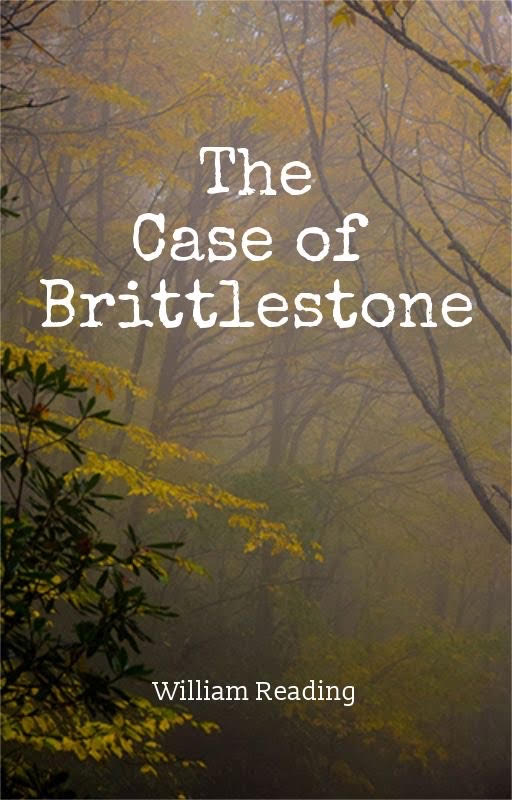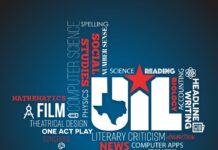In this past week, we have seen the beauty of writing in its purest form through Harvard poet Amanda Gorman, whose clever use of alliteration and rhyme scheme combined with precise diction created an unforgettable inauguration speech on the national stage. Gorman shows us the power of writing, the power of words, and the power of a story that compels, attracts, and unites the people who listen. While the math and science curriculum emphasize empirical, practical, and realistic thinking, the arts and humanities, theater, dance, music, writing, drawing, painting, etc. emphasize creative expression, individuality, and imaginative thinking.
Interview
The power of artistic expression has surfaced deeply through junior Will Reading, who has been working on a novel for the past couple months. Discovered at an early age, Reading’s affinity for writing began back in elementary school before writing high school essays when kids could write short stories.
“In elementary school, do you remember when you’d write something about your day? It wasn’t really ever anything interesting for me. I just started slowly progressing to writing these random stories. There’s stuff that was just creative. I just started getting tasks, and I just kept on doing it now. I actually found a passion for writing.
[My English teachers] have always been good friends, and I have always like good communication with my English teachers. I’m always like talking about it and English is my favorite subject in school.
His story, a horror and mystery thriller, includes a hint of reflection and contemplation for the average reader. As Reading grew up, his adolescence and maturity of transitioning to Jesuit, leaving behind his friends in Southlake, and processing his grandmother’s death.
“My story is actually about a journalist going into his old hometown, investigating this murder and unraveling parts of his past. He helps this girl who is causing the situation of her parents getting murdered. It was big. It started, when I entered Jesuit and I knew people at Jesuit. I also didn’t. I have family friends here. So it’s that continuation, in this unknown place. It’s just a way like safety and comfort to express how I feel.
Jesuit has that feeling of old friends I had in Southlake or that nostalgia I had for them. My story is about this, longing for the past, even though all it does is keep you frozen in time. Probably with my grandma’s death, you want them back, but even though, but you’re not living for them.”
The biggest thing is just looking back to the past. Your mind thinks, ‘Oh, this was so great, but then you look and it makes you feel bad about how the present is. This is so much better.’ You realize that there’s both flaws and good both in the present and the past. Can I just learn to accept that it helps you progress as a person?”
As he looks to express himself in his writing, Reading has found a way to handle his schoolwork and finishing his schoolwork. His productivity seems to be his greatest asset, never taking breaks to finish his book.
“Time management is a big thing. Sometimes, you just get lazy, and the free time you spent on your phone could be used doing other stuff. During launch, we have the PRT time for free extra time. Instead of just being on my phone, I’d rather just go in and write for 30 minutes each day. That’s the biggest way. Consistency is the biggest thing. I usually divide writing into smaller chunks. ”
Looking to find new areas to explore new genres of literature, Reading is just looking to get his first ever story done, for the crowning achievement of finishing a book is proud enough. That’s more than lots of us can say at this age, but this could be the first promising step into an exciting writing career.
“This is my first actual, big novel idea. I used to write short stories, but this is actually writing a book. I think the biggest thing is just actually writing the book, like getting it finished. It’s just a huge process. Being focused on one single story to try and get done is probably the number one goal.”
“Because this story is very much filled with horror and mysteries, I am looking to do something completely different. Maybe like romance or comedy or something, like just do it out of my comfort zone. I’m just seeing where I can take it. Writing is just that one thing I can do so much more with.”
How you can start writing
For any readers looking to turn these aspirations into reality, Reading offers some advice about writing. He seems to just enjoy the passion of writing creatively, not for an assignment or a grade. However, it takes time, patience, and focus to really turn your end product into something you are proud of.
“If you want to become a writer, just write. I’ve had like a lot of friends who want to write, but then they always get sidetracked. They think, ‘I’m just like thinking too much about what’s going ahead. They get too much stress about just writing page by page.
It doesn’t even have to be a book itself. It can be anything. Just start writing.”
Check back to The Roundup for more student profiles!






